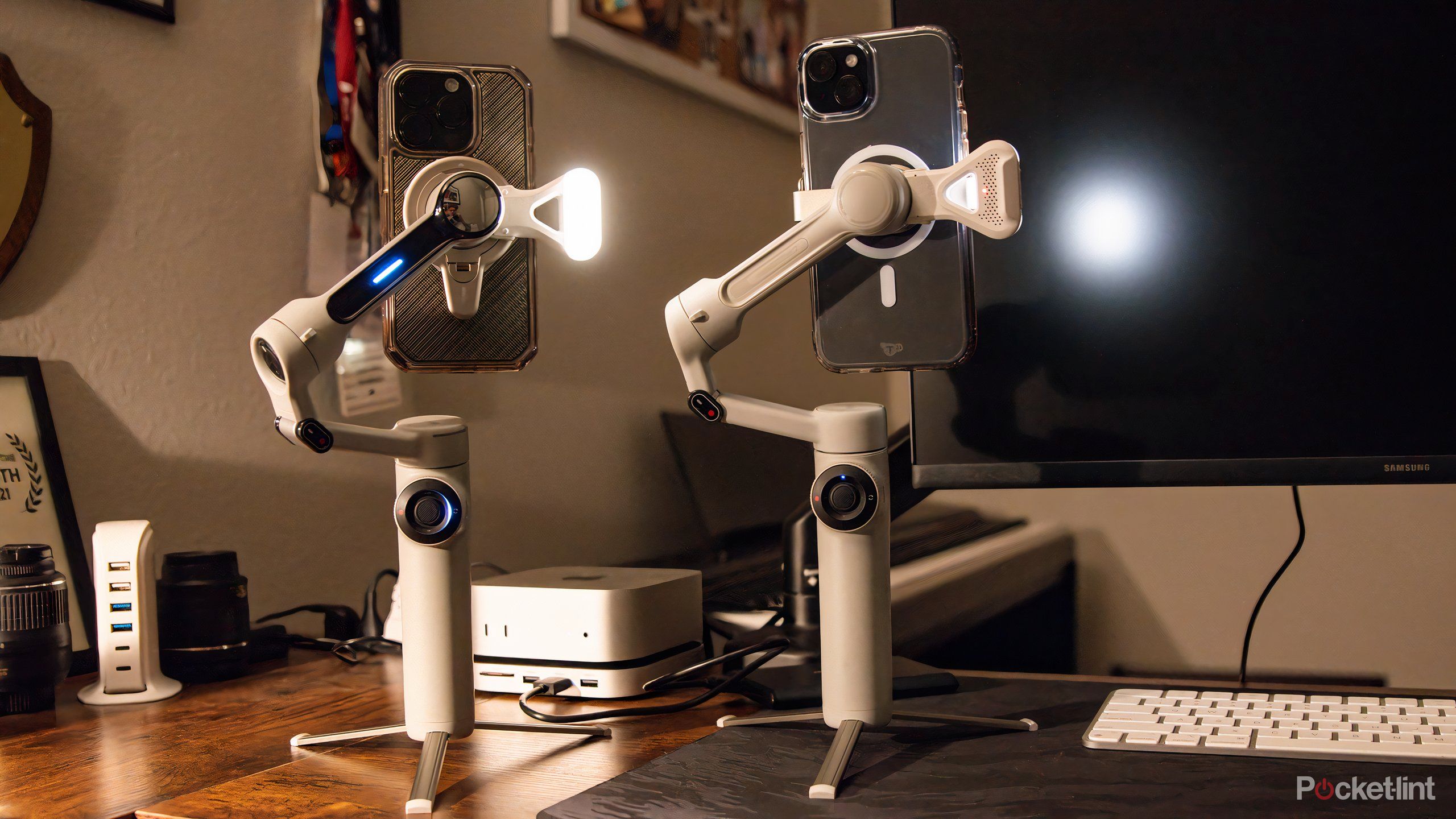Meta Platforms Inc. is looking to invest billions of dollars into the artificial intelligence data labeling startup Scale AI Inc.
The company is holding talks over a funding deal that could see it inject more than $10 billion into the startup, though the terms have not yet been agreed and could still change, anonymous sources told Bloomberg today.
Scale AI’s customer base reads like a who’s who of the AI scene, with the startup serving Meta, Microsoft Corp., OpenAI and many others. It helps them train their large language models by providing fresh, formatted and subject-specific datasets. Like many of its clients, it has emerged as a major beneficiary of the rise of generative AI, and following its most recent $1 billion funding round in May 2024, it was valued at a cool $13.8 billion. Earlier this year, Bloomberg reported it was in discussions over a tender offer that would increase its value to $25 billion.
If the reported $10 billion figure is true, it would represent Meta’s largest ever external AI investment, and also be a significant departure from a company that has largely relied on its in-house data and research until now. In contrast, its rival Microsoft has already invested more than $13 billion into OpenAI, while Alphabet Inc. and Amazon.com Inc. have invested billions into Anthropic PBC.
A significant chunk of those rivals’ investments took the form of cloud computing credits, giving them access to computing resources. Meta doesn’t have a public cloud infrastructure business so it cannot do this, which means its investment would likely involve more cash up front.
Meta Chief Executive Mark Zuckerberg (pictured), who has pursued a more open approach to AI development with the company’s Llama LLMs, has made the technology his No. 1 priority, superseding his ambitions to build the “metaverse” that inspired its name. In January, he told investors he’s planning to spend as much as $65 billion on AI investments this year. It’s pushing to make Llama a global standard, and it has had some success in that endeavor, claiming that its Meta AI chatbot is already used by more than one billion people per month.
Scale AI was co-founded in 2016 by its CEO Alexandr Wang and has grown rapidly in recent years, generating revenue of around $870 million in 2024. It has forecast its sales to hit more than $2 billion by the end of this year, according to Bloomberg. That’s because its data labeling services have become increasingly vital for AI developers. After all, AI models are only as good as the data they are trained on, and most data tends to be rather “messy,” meaning its poorly formatted and can’t be read easily by AI algorithms.
To fix this, Scale AI relies on scores of contract workers to clean up text, image and other types of unstructured data and tag it, so AI models understand what it is. These clean datasets are then used for training purposes.
Meta and Scale AI have both attracted interest from the defense sector. Last week, Meta revealed it has entered into a partnership with the defense contractor Anduril Industries Inc. that will see it develop hi-tech tools for the military, such as an AI-powered helmet that’s equipped with augmented reality and virtual reality capabilities. Its Llama models have also been approved for use by various defense contractors and government agencies.
As for Scale AI, it has been working with U.S. government to create AI services for defense purposes. For instance, it recently landed a contract with the Department of Defense to help it develop AI agents. It’s also working directly with Meta on a program called Defense Llama, which is a customized version of the Llama model for use by the military.
Meanwhile, Wang has cozied up to some key figures in the U.S. government, playing on fears around China’s ascendence in the AI industry. Former Scale AI executive Michael Kratsios has become one of President Donald Trump’s top advisers on AI.
Scale AI has also attracted controversy. Its workforce is mostly made up of overseas contractors from countries such as the Philippines and Kenya, who are reportedly paid a low wage to sort through masses of data. In March, it emerged that the U.S. Department of Labor was investigating the company over alleged violations of the Fair Labor Standards Act. During that investigation, some employees claimed they had suffered psychological trauma due to some of the content they were asked to work with.
Scale AI denies the allegations, and in a 2019 interview Wang told Bloomberg that the startup’s contractors earn “good pay,” claiming that they’re among the higher earners in their geographies. In any case, the Labor Department recently dropped its investigation into the company.
More recently, Scale AI has evolved its business to provide customers with higher quality data that can be used to train more sophisticated AI systems that can perform tasks at the same level of humans. To do this, Scale AI says, it has hired better-paid contractors with graduate degrees, who are asked to construct tricky problems or tests that can be used in reinforcement learning, which is a process that rewards AI systems for correct answers and punishes them for mistakes.
One of Bloomberg’s sources said around 12% of the company’s contractors now have a Ph.D. in areas such as molecular biology, with about 40% holding a master’s degree, law degree or MBA. These experts are reportedly working on training datasets for companies building more sophisticated legal and medical AI applications.
Photo: Anthony Quintano/Flickr
Your vote of support is important to us and it helps us keep the content FREE.
One click below supports our mission to provide free, deep, and relevant content.
Join our community on YouTube
Join the community that includes more than 15,000 #CubeAlumni experts, including Amazon.com CEO Andy Jassy, Dell Technologies founder and CEO Michael Dell, Intel CEO Pat Gelsinger, and many more luminaries and experts.
THANK YOU








